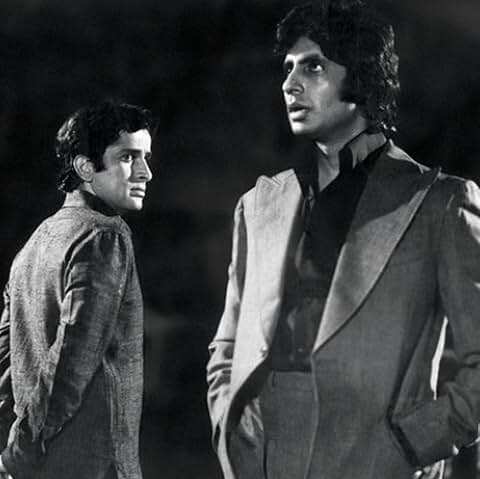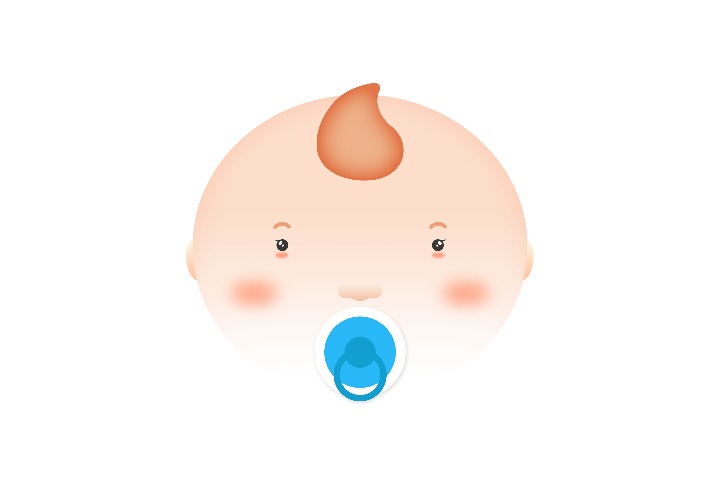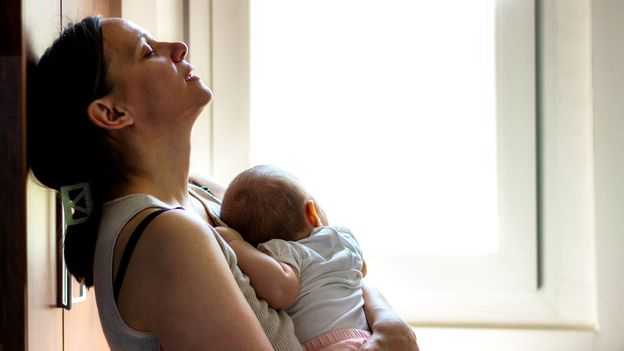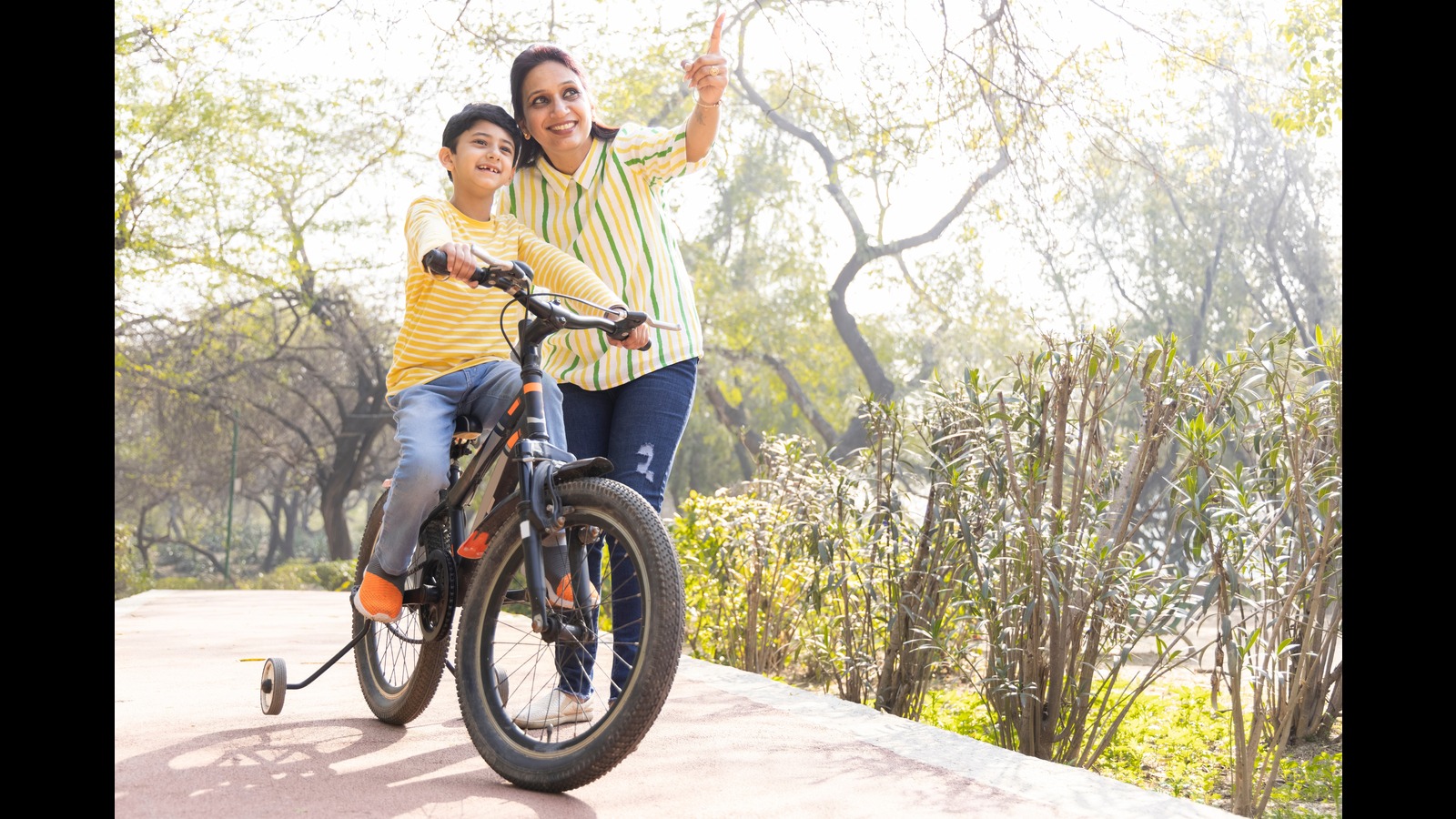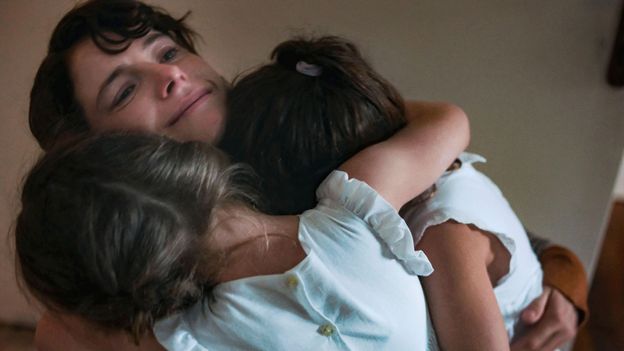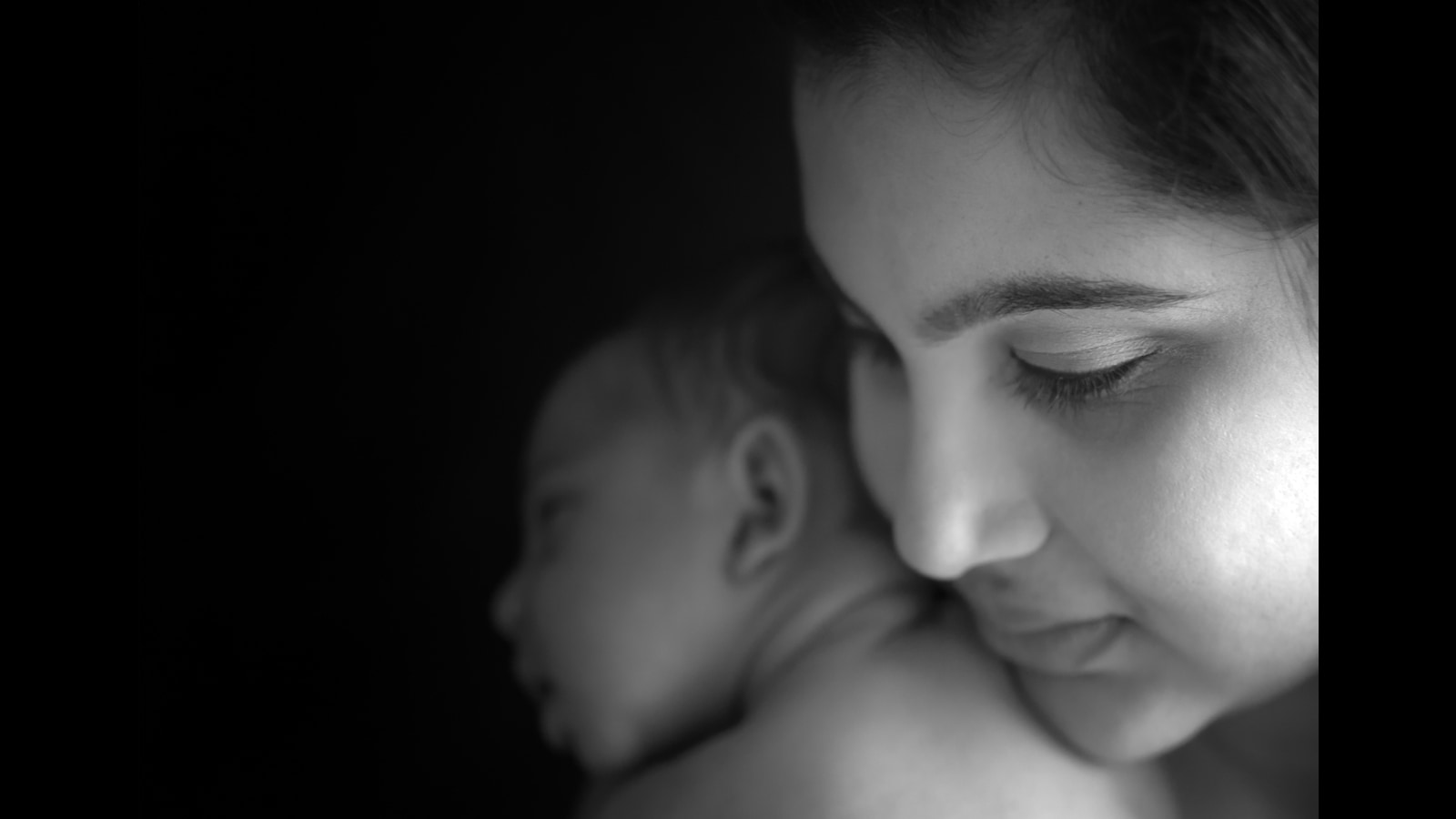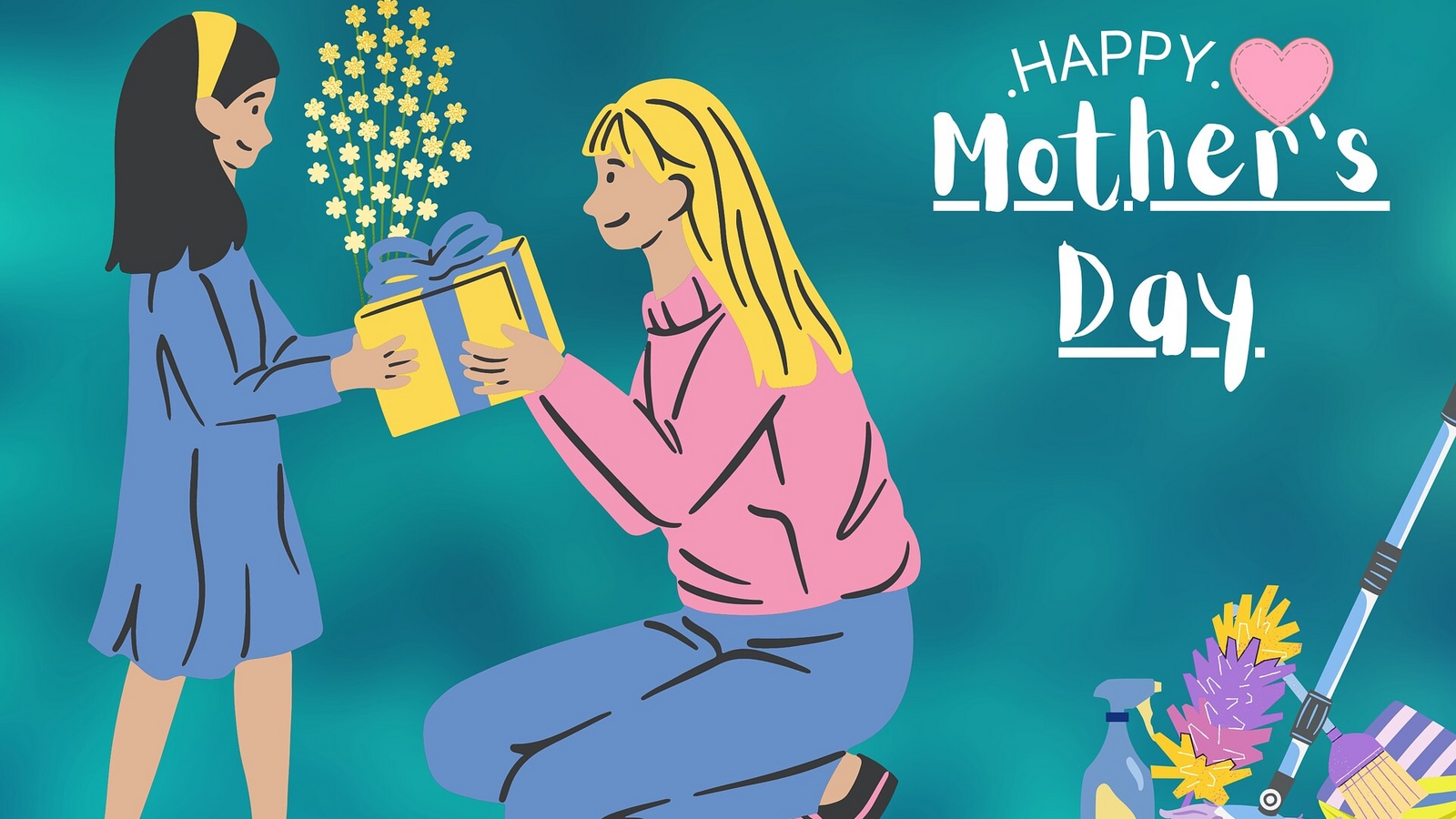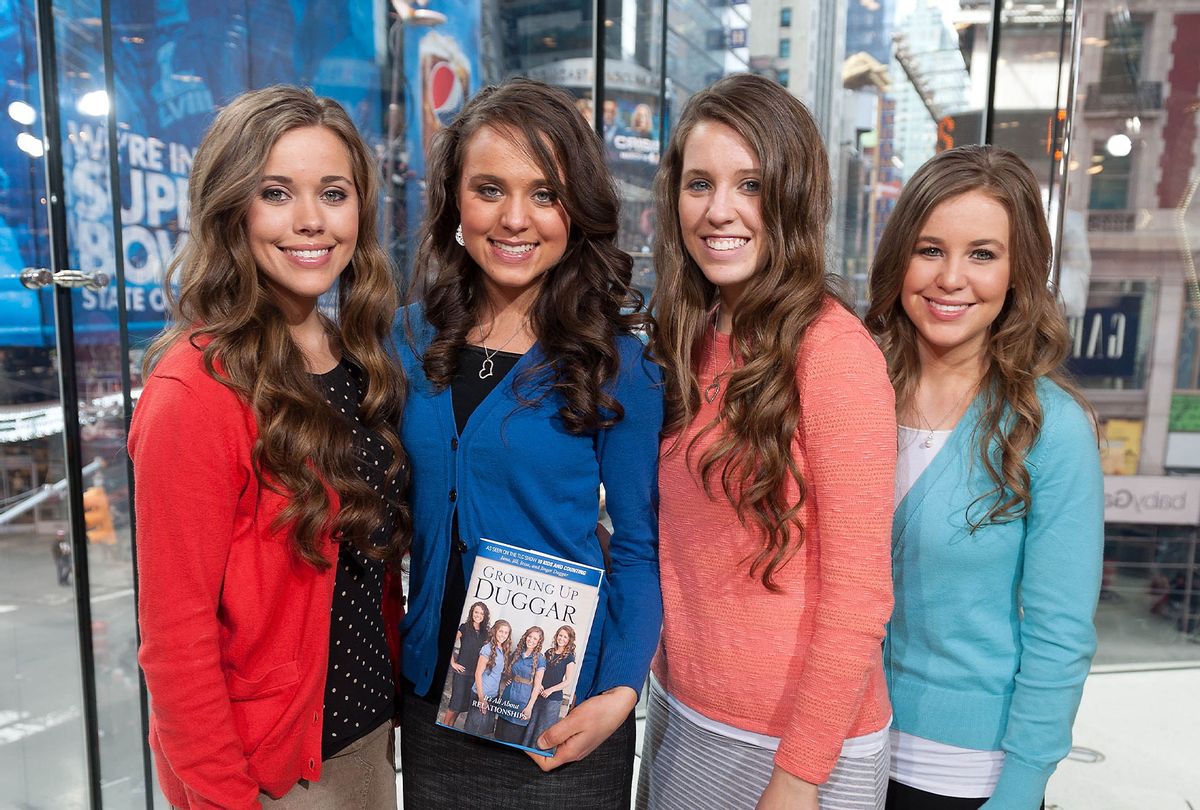
Opinion I Mothers, daughters and rocky roads
Live MintI am not revealing too much when I say that the thread running through the first episode of Masaba Masaba is a mother’s anxious calls—unanswered, ignored—to her daughter. My 443-page copy of Mineke Schipper’s Never Marry A Woman With Big Feet, a formidable compilation of “women in proverbs” from around the world, has merely one and a half pages on mothers and daughters. In Schipper’s analysis, whether a daughter will be “good” or “bad” also depends exclusively on the mother: She is to be credited/blamed if the girl turns out fastidious/lazy. A rare one is “Mother and daughter are like nail and flesh”— but you are unlikely to hear it in use, since it’s in Ladino, a near- extinct language. Avni Doshi’s debut novel, Girl In White Cotton, long-listed for the Booker this year, sets up dysfunctionality with its first sentence: “I would be lying if I said my mother’s misery has never given me pleasure.” For a book by an Indian-origin author, this feels particularly radical because South Asians are prone to glorify familial ties.
Discover Related
